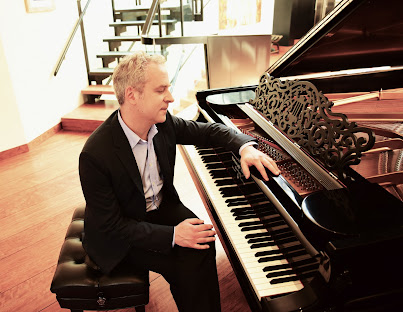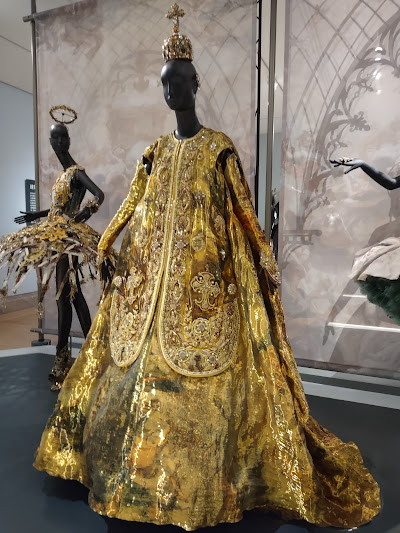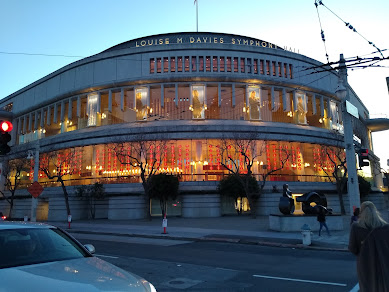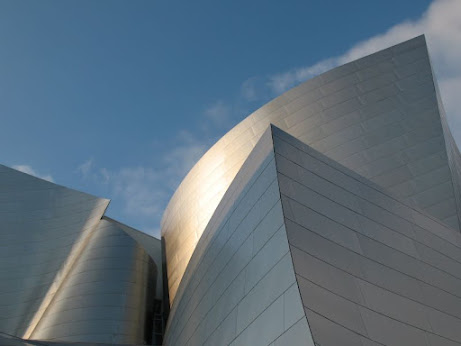War Memorial Oper House
Photo by Lisa Hirsch
Here's most of the press release announcing the program for the June 16, 2023 Centennial Concert. Looks nice! At past gala concerts, there have occasionally been surprise guests. I seem to recall Dame Joan Sutherland and Leonie Rysanek making brief speeches at a 1990s gala.
San Francisco Opera’s Centennial Season culminates with a celebration of the Company’s first 100 years. A host of treasured San Francisco Opera artists will be featured with the San Francisco Opera Orchestra and Chorus in a program that honors the Company’s history through musical milestones and landmark productions.
Conductors: Eun Sun Kim, Sir Donald Runnicles, Patrick Summers
Sopranos: Karita Mattila, Ailyn Pérez, Patricia Racette, Nina Stemme, Heidi Stober, Adela Zaharia
Mezzo-sopranos: Susan Graham, Daniela Mack
Tenors: Lawrence Brownlee, Michael Fabiano, Brandon Jovanovich, Russell Thomas
Baritones: Lucas Meachem, Brian Mulligan
Bass-Baritone: Christian Van Horn
San Francisco Opera Orchestra
San Francisco Opera Chorus; Chorus Director John Keene
Shawna Lucey, Stage Director
PROGRAM TO INCLUDE
(Subject to change)
Prelude from Die Meistersinger von Nürnberg (Richard Wagner)
San Francisco Opera Orchestra
Eun Sun Kim, conductor
“Amour viens rendre à mon âme” from Orphée et Eurydice (Christoph Willibald Gluck)
Daniela Mack
Donald Runnicles, conductor
“Pur ti miro” from L’Incoronazione di Poppea (Claudio Monteverdi)
Heidi Stober and Susan Graham
Patrick Summers, conductor
“Odi il voto” from Ernani (Giuseppe Verdi)
Russell Thomas
San Francisco Opera Chorus
Eun Sun Kim, conductor
Pierrot’s Tanzlied from Die tote Stadt (Erich Wolfgang Korngold)
Lucas Meachem
Donald Runnicles, conductor
Embroidery Aria from Peter Grimes (Benjamin Britten)
Heidi Stober
Donald Runnicles, conductor
“Vicino a te” from Andrea Chénier (Umberto Giordano)
Michael Fabiano and Ailyn Pérez
Eun Sun Kim, conductor
“Va, pensiero” from Nabucco (Giuseppe Verdi)
San Francisco Opera Chorus
Patrick Summers, conductor
“Ch’ella mi creda” from La Fanciulla del West (Giacomo Puccini)
Brandon Jovanovich
Eun Sun Kim, conductor
Act I finale from Tosca (Giacomo Puccini)
Christian Van Horn
San Francisco Opera Chorus
Eun Sun Kim, conductor
Entrance of the Guests from Tannhäuser (Richard Wagner)
San Francisco Opera Chorus
Donald Runnicles, conductor
“Batter my heart” from Doctor Atomic (John Adams)
Brian Mulligan
Eun Sun Kim, conductor
“Co chvila” from Jenůfa (Leoš Janáček)
Karita Mattila
Donald Runnicles, conductor
“Losing my mind” from Follies (Stephen Sondheim)
Patricia Racette
Patrick Summers, conductor
“Ah, je veux vivre” from Roméo et Juliette (Charles Gounod)
Adela Zaharia
Eun Sun Kim, conductor
“Ombra mai fu” from Xerxes (George Frideric Handel)
Susan Graham
Patrick Summers, conductor
“Prosti, nebesnoye sozdanye” from Pique Dame (Piotr Ilyich Tchaikovsky)
Brandon Jovanovich
Donald Runnicles, conductor
“Là ci darem la mano” from Don Giovanni (Wolfgang Amadeus Mozart)
Heidi Stober and Christian Van Horn
Eun Sun Kim, conductor
“Cessa di più resistere” from Il Barbiere di Siviglia (Gioachino Rossini)
Lawrence Brownlee
San Francisco Opera Chorus
Patrick Summers, conductor
Liebestod from Tristan und Isolde (Richard Wagner)
Nina Stemme
Donald Runnicles, conductor
“Ave Signor” from Mefistofele (Arrigo Boito)
San Francisco Opera Chorus
Eun Sun Kim, Chorus
The concert is approximately three hours, including one intermission.
















